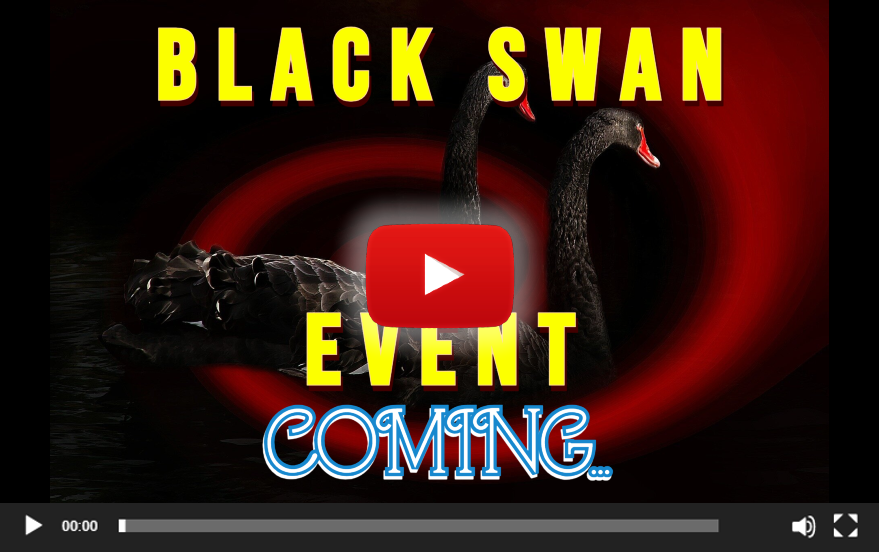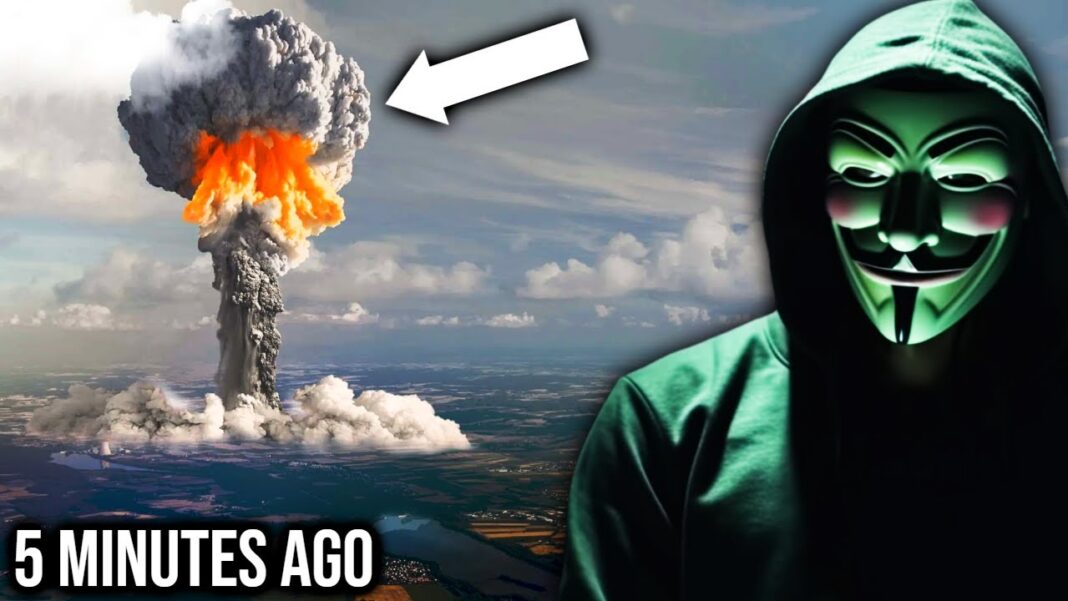The events surrounding the attack on Pearl Harbor on December 7, 1941, remain a significant and complex chapter in American history. This day marked a pivotal turn in World War II, as the United States, previously hesitant to enter the global conflict, found itself directly involved following the devastating surprise attack by the Imperial Japanese Navy Air Service on its naval base in Honolulu, Hawaii.
The attack on Pearl Harbor resulted in over 3,000 American casualties and propelled the United States into a state of war against Japan, Germany, and Italy. The immediate aftermath saw a surge of patriotism and a unanimous support for the war effort among the American public. However, the circumstances leading up to this attack have been the subject of intense scrutiny and debate.
One perspective, as detailed in Robert B. Stinnett’s book “Day of Deceit: The Truth About FDR and Pearl Harbor,” suggests that the attack was not merely a failure of American intelligence or an unforeseen military strike by Japan. Instead, Stinnett, through an extensive examination of over 200,000 documents obtained via the Freedom of Information Act, argues that the attack was part of a calculated strategy by the highest levels of the U.S. government, particularly under the leadership of President Franklin D. Roosevelt.
Must see! – Doomsday Alert: Black Swan Event Set to Annihilate American Family Life!

According to Stinnett’s research, the U.S. government, recognizing the strategic necessity of joining the war to support British interests in Europe and around the world, sought to provoke Japan into an overt act of war. This strategy was purportedly designed to galvanize American public opinion, which was largely isolationist at the time, in favor of entering the war.
The book details a memo sent by Lieutenant Commander Arthur H. McCollum in October 1940, which outlined eight actions that the U.S. could take to likely provoke a Japanese attack. These actions included positioning U.S. naval forces close to Japanese territory, aiding the Chinese government in its conflict with Japan, and imposing a complete trade embargo on Japan, similar to measures already taken by the British Empire.
In the months leading up to the attack, the U.S. government reportedly took several steps that aligned with McCollum’s recommendations. For instance, the U.S. Pacific Fleet was ordered to remain in Hawaiian waters, despite objections from its commander, Admiral James O. Richardson, who cited the fleet’s vulnerability in this position. Additionally, President Roosevelt is said to have personally overseen the deployment of U.S. cruisers near Japanese territorial waters, a move that was met with resistance from military leaders who warned it could lead to war.

Stinnett’s findings suggest that these actions were part of a broader strategy to ensure U.S. entry into World War II. By allowing the attack on Pearl Harbor to occur, the U.S. government could justify its involvement in the war as a necessary response to an unprovoked act of aggression.
The implications of this perspective are profound, suggesting a level of forethought and manipulation by the U.S. government that challenges conventional narratives of the Pearl Harbor attack. It raises questions about the extent to which governments may orchestrate events to achieve broader geopolitical objectives, and the ethical considerations of such actions.
While Stinnett’s work has been both acclaimed and criticized, it undeniably contributes to a deeper understanding of the complexities and machinations of global politics during one of the most tumultuous periods in modern history. The attack on Pearl Harbor, regardless of the various interpretations of its origins, remains a defining moment that reshaped the course of the 20th century and continues to influence international relations to this day.




